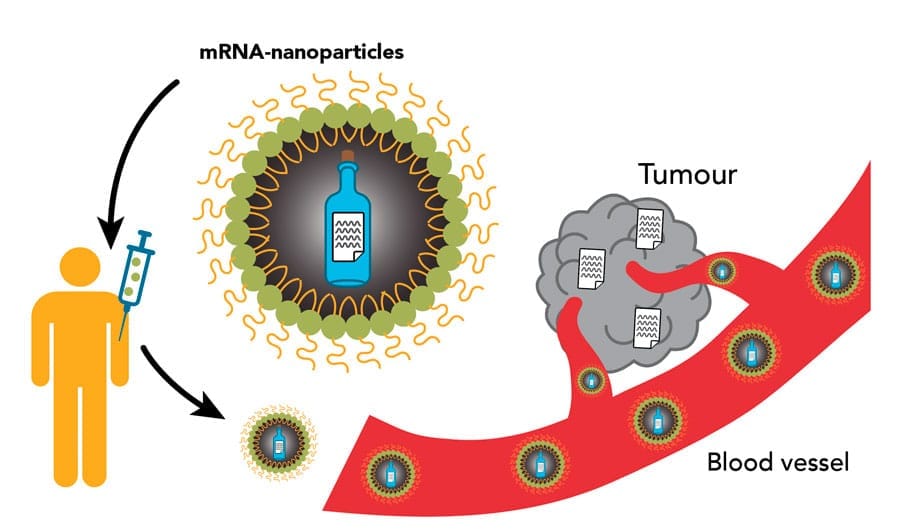Tag: Harvard Medical School
The Church and Academia model: A powerhouse for harnessing pain-related prayer research

There are limited alternatives to standard prescription therapy for those suffering from chronic pain. While the biopsychosocial model of pain is well established, it often neglects the influence of religious and spiritual factors on pain. Dr Marta Illueca, a leader in the Episcopal Church in Delaware, has collaborated with Dr Samantha Meints at Brigham and Women’s Hospital/Harvard Medical School in […]
Dual-brain psychology is an innovative theory and treatment for drug addiction

Dr Fredric Schiffer is an experienced psychiatrist, working in private practice and affiliated with Harvard Medical School. He has spent the last 30 years developing a psychological theory which suggests that our brain hemispheres experience feelings differently, particularly when processing past trauma. Dr Schiffer has used this dual-brain theory to develop a treatment for opioid use disorder. In combination with […]
Read More… from Dual-brain psychology is an innovative theory and treatment for drug addiction
High-throughput fluorescent sequencing of biomolecules within their cellular environment

Understanding the molecular diversity within healthy or diseased tissues is crucial for the diagnosis and treatment of diseases and for gaining a better understanding of fundamental biological processes. Biological tissues contain thousands of different molecules, yet conventional staining looks at only a few at a time because it relies on a limited number of dyes. Prof George Church and Dr […]
Novel mouse models shed light on role of omega-6/omega-3 imbalance in chronic disease

The link between two classes of essential fatty acids – omega-3 and omega-6 – and health has, until now, been unclear. This is partly because it has been difficult for researchers to define exactly what each does in the body. To address this problem, Dr Jing X. Kang of Massachusetts General Hospital and Harvard Medical School, USA, developed novel strains […]
Drosophila Fezf found to be essential in neural circuit formation

Billions of neurons are wired up to into highly organised neural circuits in the brain. The creation of these circuits is a complex process and it is essential that neurons find the correct partners. Matt Pecot and colleagues from Harvard Medical School are interested in understanding this neural circuit formation. In their studies, by using Drosophila, they have identified the […]
Read More… from Drosophila Fezf found to be essential in neural circuit formation
A career in cancer

Dr Bruce Zetter is the Charles Nowiszewski Professor of Cancer Biology at Harvard Medical School. He is known internationally as an expert on cancer biology, diagnosis and treatment. He currently works to find treatments for highly aggressive, metastatic cancers and also serves as an advocate for young scientists and for improved relationships between academia and industry. Dr Bruce Zetter started […]